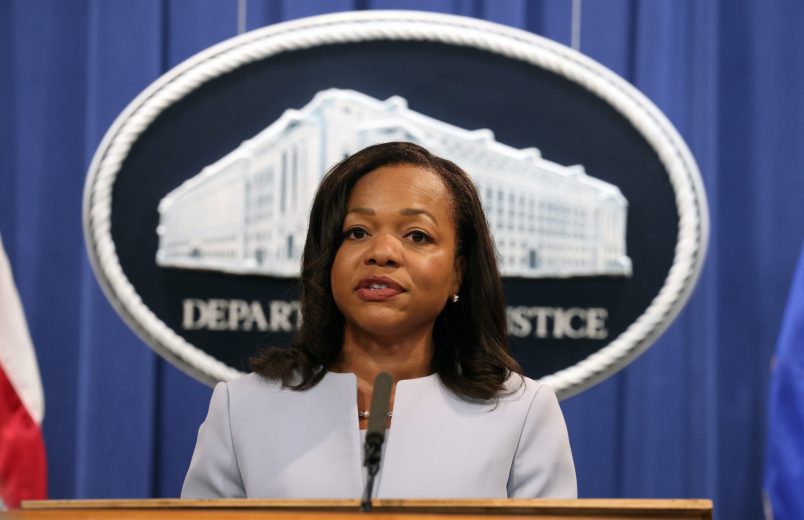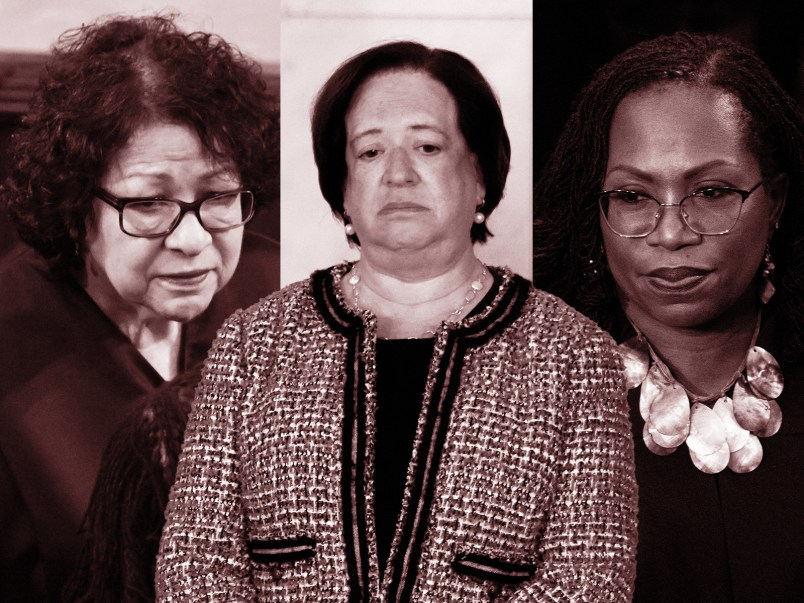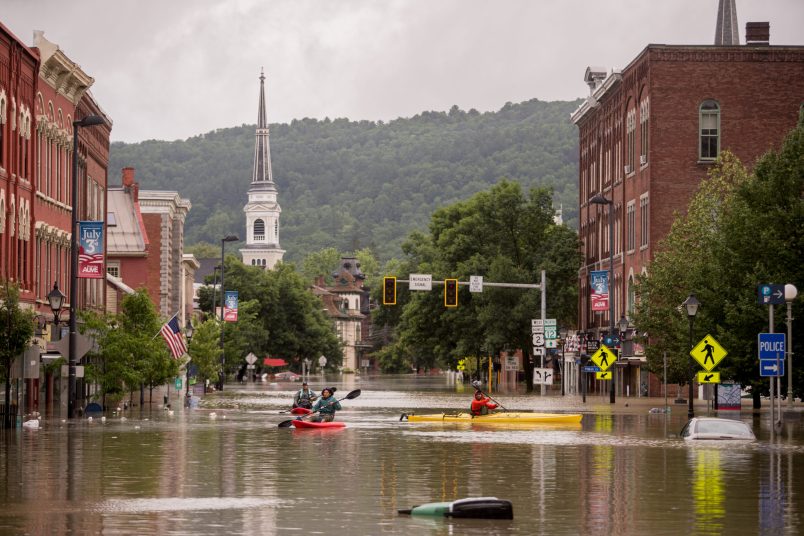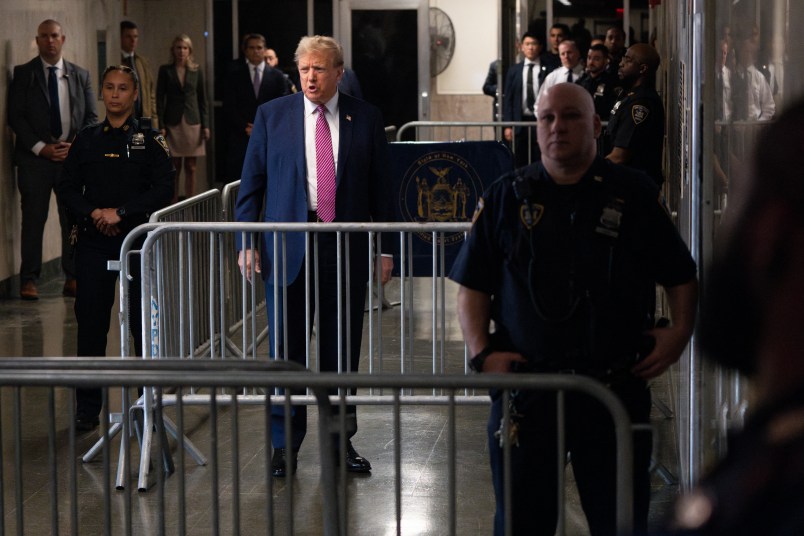Over the last few weeks, Arizona’s secretary of state has received several complaints from voters who claim that individuals, sometimes armed and disguised, took photos and videos of them as they deposited their ballots in drop boxes. Citing these reports and others, voting rights groups have gone to federal court trying to shut down the surveillance efforts, arguing they would intimidate voters.
On Monday, attorneys from the DOJ’s Civil Rights Division filed a forceful 25-page statement of interest, staking their position in the case.
“This case alleges that organized and sometimes armed groups of individuals have engaged in campaigns to surveil, video record, and harass voters as they exercise their most fundamental right, the right to vote,” the attorneys said. “These allegations raise serious concerns of voter intimidation, which is proscribed under Section 11(b) of the Voting Rights Act.”
Many of the monitoring efforts have been organized by Clean Elections USA, a fledgling “election integrity” organization seeking to stop supposed “ballot mules” from stuffing drop boxes with fake votes, a theory inspired by the conspiracy theory film “2000 Mules.” Two separate lawsuits by voting rights groups have tried to shut down their activities.
The first, brought by Arizona Alliance for Retired Americans (AARA) and Voto Latino, sought a temporary restraining order and preliminary injunction against the group on the grounds that they violated the Voting Rights Act and the Ku Klux Klan Act. The second, brought by the League of Women Voters of Arizona, sought restrictions against Clean Elections USA as well as conservative group Lions of Liberty, who were conducting similar activities in Yavapai County. Lions of Liberty has since said it would ceased its monitoring efforts.
On Friday, U.S. District Court Judge Michael Liburdi declined to issue a restraining order for the first case on the grounds that doing so would infringe on “core constitutional rights.” The plaintiffs quickly appealed to the 9th Circuit.
Attorneys for the Civil Rights Division, led by Assistant Attorney General Kristen Clarke, challenged Liburdi’s “constitutional rights” argument.. Referencing the case, the attorneys wrote that “Critical differences exist” between recording voters and the First Amendment right to record “matters of public interest,” as the federal judge argued on Friday.
Filming, harassing or accusing voters of breaking the law at ballot drop box locations is “manifestly distinct” from the First Amendment right to record law enforcement officers, for example, carrying out their official duties, they wrote. When people record law enforcement, the First Amendment protects free discussion of “how governmental agents are conducting themselves,” the DOJ lawyers wrote.
“Just as private citizens are not governmental agents, exercising the fundamental right to vote by depositing a ballot into a drop box is not a governmental activity,” the attorneys wrote.
The attorneys focused mostly on the second case, brought by the League of Women Voters of Arizona. “Although lawful poll-watching activities can support democratic transparency and accountability, when private citizens form ‘ballot security forces’ and attempt to take over the State’s legitimate role of overseeing and policing elections, the risk of voter intimidation—and violating federal law—is significant,” they wrote.
The attorneys argue that determining “if unlawful intimidation or attempted intimidation has occurred, context matters: the activities must be considered against “the background of contemporaneous events…and the general climate prevailing [] at the time,” they write, citing a 1967 ruling that fell against the backdrop of the Civil Rights Movement.
They also argue that although Section 11(b) of the Voting Rights Act doesn’t require “specific intent to interfere with voting rights to prove a violation, expressions of intent to intimidate voters or otherwise dissuade voting with threats or coercion can be dispositive.” In this case, Clean Elections USA founder Melody Jennings repeatedly boasted that the group was deterring drop box usage on Truth Social, the DOJ noted.
The Justice Department suggested that a federal judge issue an injunction to protect the freedom to assemble. The First Amendment “does not protect individuals’ right to assemble to engage in voter intimidation or coercion,” they wrote, “not does it transform an unlawful activity for one individual—voter intimidation—into a permissible activity simply because multiple individuals have assembled to engage in it.”
“Even if those engaging in voter intimidation were protected by their right to assemble, an injunction that is narrowly tailored to further a significant or compelling interest would not run afoul of the First Amendment,” they state.
Read the statement below:










